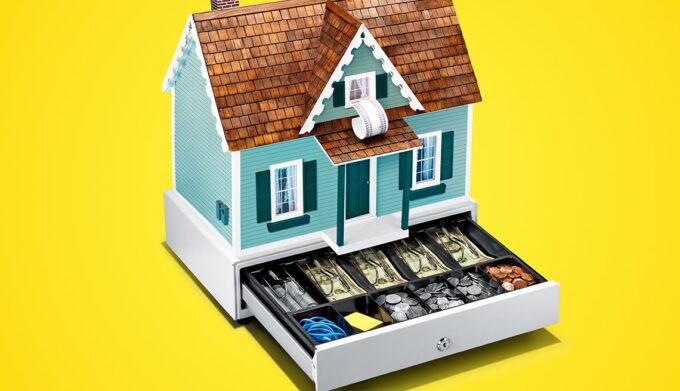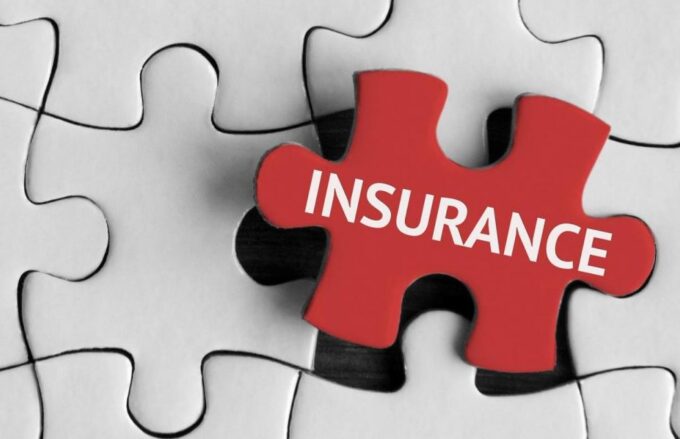Undeniably, there have been many discussions around ‘how to build wealth.’ Some experts suggest making risky investments and enjoying high returns, whereas others create detailed financial plans. More than finding ways to build wealth, don’t you think it is crucial to preserve wealth?
We all know it takes years to build wealth, but only one mistake destroys everything. Imagine putting all your money into a stock, and the company goes bankrupt? Similarly, many people lose their money because of fraudulent practices and tax evasion. Even though individuals learn from these mistakes, it can be pretty costly. So, why not avoid such financial mistakes once and for all?
For starters, you can scale down excessive spending. It might not seem like a big deal when you pick up a double-mocha cappuccino, but everything adds up. Similarly, avoid swiping your credit card for everything to reduce dependence on credit. If you are still wondering how to set yourself on the path to financial stability, have a look below.
Here we are outlining seven financial mistakes damaging your wealth.
1. Unnecessary Spending

Have you ever questioned yourself for the spending choices you make every day? Probably not. Things like Spotify subscriptions and high-end gym memberships can force you to pay unceasingly.
Likewise, those weekend cocktails and dinners leave hefty bills by the month’s end. If you do the math, only $25 per week spent on dinner costs you $1300 per year. You can use this much money for auto payments or anything more worthwhile.
The only way to stop spending unnecessarily is by understanding the numbers game. For that, you can brush up on your financial literacy skills by pursuing higher education. You can click here for more details. It will help you prepare a budget to categorize your expenses and spend wisely.
2. Carrying High-Interest Debt
Did you take any loans in the past? If not personal loans, most people carry the burden of student loans and credit card debt. These loans have a high-interest rate, consuming a substantial chunk of your income.
Therefore, you should always pay it down as aggressively as possible. You can make a balloon payment to complete all the installments in one go or opt for the debt snowball method.
Here, you can pay as much as you can above the minimum due on your debt. It ensures more money goes toward paying off the principal amount. Remember, the faster you clear your debt, the more money you can put towards other financial goals. Perhaps, you can start saving to buy a house or a car.
3. Misusing Home Equity

Most people who have a house loan use it as a piggy bank. They keep refinancing to take cash out of it and fund routine expenses. They fail to realize that refinancing means giving away ownership to someone else.
Similarly, many individuals open a home equity line of credit and use their equity in a home like a credit card. As a result, they have to pay unnecessary interest that further erodes wealth and income.
If you are tight on cash after financing a house, find alternative ways to seek funding. Preferably ways that don’t involve interest payments. Maybe, you can ask your friends or family for a small loan. Otherwise, dig into your savings and utilize them until your financial crunch lasts.
4. Excessive Usage of Credit Cards
Truthfully, everyone uses credit cards to cover shortfalls in their spending. After all, it is always tempting to buy things right away and worry about money later. However, such habits can have you run up into a huge amount of debt in no time. Also, you end up spending a lot more when paying with credit. Hence, you should avoid using your credit card for everyday expenses.
Instead, create a budget and allocate different categories for every expense. You can even divide your expenses by fixed or variable, so you know where to cut back. In addition, create some room for discretionary expenses to kick your credit card habit completely.
5. Going without Insurance

Truthfully, people don’t like buying insurance. That’s because they don’t want to pay for something they hope never to use. After all, no one wants to get into an accident or fall sick.
However, the consequences of being uninsured are substantial enough to wipe you out financially. One medical emergency can drain all your savings, changing the entire financial trajectory. Similarly, a minor car accident can cost hundreds of dollars in repair costs.
Instead of facing these financial setbacks, why not put some money aside? You can get health insurance to ensure a medical bill doesn’t force you into bankruptcy. Likewise, opt for disability insurance so that you don’t suffer in case of injury or loss of job.
6. No Tax Strategy
Unfortunately, every person wants to avoid paying taxes. As a result, some find ways to hide their real income, whereas others indulge in illegal practices. However, the legal system is strong enough that such people get caught sooner or later.
Therefore, it is best to develop a tax strategy and keep yourself out of the hot waters. Having a strategy will allow you to take advantage of every opportunity to lower your tax liability. Thus, helping you save and invest more into building long-term wealth.
First, consider maxing out your retirement savings since that portion of your income isn’t taxable. Besides this, you can open a charitable trust and depreciate your assets. It will decrease your taxable income, which means you will lower taxes overall.
7. Poor Retirement Planning

In the late 20s and early 30s, retirement seems far away. But as they say, every dollar you save for retirement now, the more money you will have once you retire. After all, that is how compound interest works. Hence, you should start making monthly contributions to a designated retirement account or pension fund.
If you work for an employer with a 401(k) or 403(b) plan, you only have to save enough to get the employer match. It will guarantee a return on savings, expanding your income stream.
Other than this, you can even set up an IRA account that will deduct a small percentage from your income on the payday. You have to understand the time your investments have to grow and how much risk you can tolerate. Depending on that, pick the right retirement plan.
Final Thoughts
Unknowingly, everyone makes financial mistakes. However, the key is to rectify them before they start costing you. Hence, steer yourself away from the temptation of overspending by preparing a budget.
Also, monitor every little expense and think carefully before adding any new debt to your payment. Most importantly, make saving money your monthly priority to avoid financial setbacks in the future.









